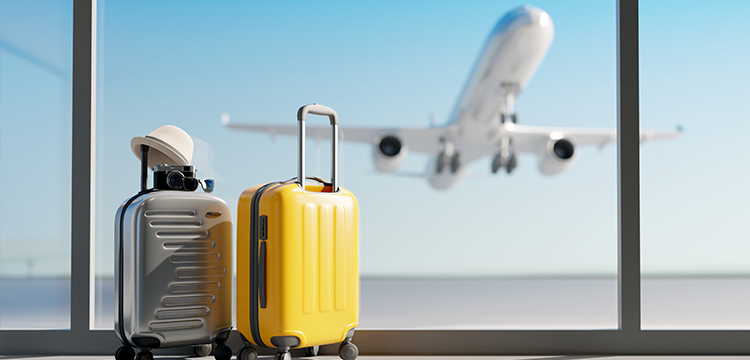The upsurge in cases in what is increasingly called a second wave is a major headache for governments and its treatment may be becoming complicated because scientists believe that they have identified a mutation of the virus which distinguishes it from the first. Given the deceivingly bland name of 20A.EUL, it is not yet clear to what extent the fact that this is a different strain impacts on important issues such as transmission rates or the seriousness of cases; but that it is different in its structure seems clear enough according to a research study written up by an international team of scientists. One of the lead authors Emma Hodcroft, who is an evolutionary geneticist at the University of Basel, commented that the spread of 20A.EUL seems to make clear that the virus prevention measures in place earlier this year 'were often not sufficient to stop onward transmission of introduced variants this summer'.
One particular area seems to be being blamed for responsibility for the upsurge in cases; international tourism. The virus variant that has just been identified can according to the scientists be traced back to Spanish farm workers. From there it has spread alarmingly. Up to 40% of new cases in Switzerland and France can be attributed to it, as can 60% in Ireland and a massive 80% in the UK. The variant was first identified in north-east Spain in June and quickly moved through the local population. The report draws the conclusion that the 'risky behaviour' of tourists who did not comply with social distancing measures contributed significantly to its spread.
The report poses a number of critical questions. One concerns the virus itself; Dr Hodcroft notes that the new strain was unlike any other of Sars-Cov-2 that she has come across. Clearly it is vital that the strain needs to be fully understood as quickly as possible as well as the impact that it might have in health terms; different does not necessarily mean less or more serious than the previous strain of Covid and it is important to find out which is the case. It also poses serious questions for the travel industry. On the one hand the economic fallout of the massive drop in international travel has been profound but on the other if increased travel means increased cases then there is a problem here. It is noticeable that one country that has done very well in terms of managing the pandemic, New Zealand, introduced international travel bans from early on as did Australia which, apart from a serious outbreak in Victoria, has also done well; the two countries have recently introduced a limited 'travel bubble' which will enable travel between the two. Singapore and Hong Kong are considering similar options. It may not be possible, and many would not consider it desirable, to close down all international travel on a long-term basis but the need for proper screening procedures for travellers arriving back from international holidays is of major significance it would seem. Governments would do well to take note.
Wayne Bartlett is an author for accountingcpd. To see his courses, click here.

You need to sign in or register before you can add a contribution.